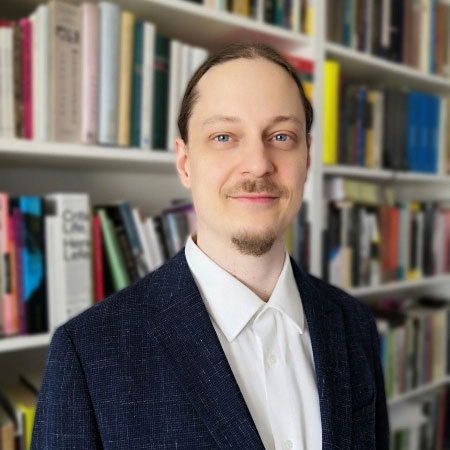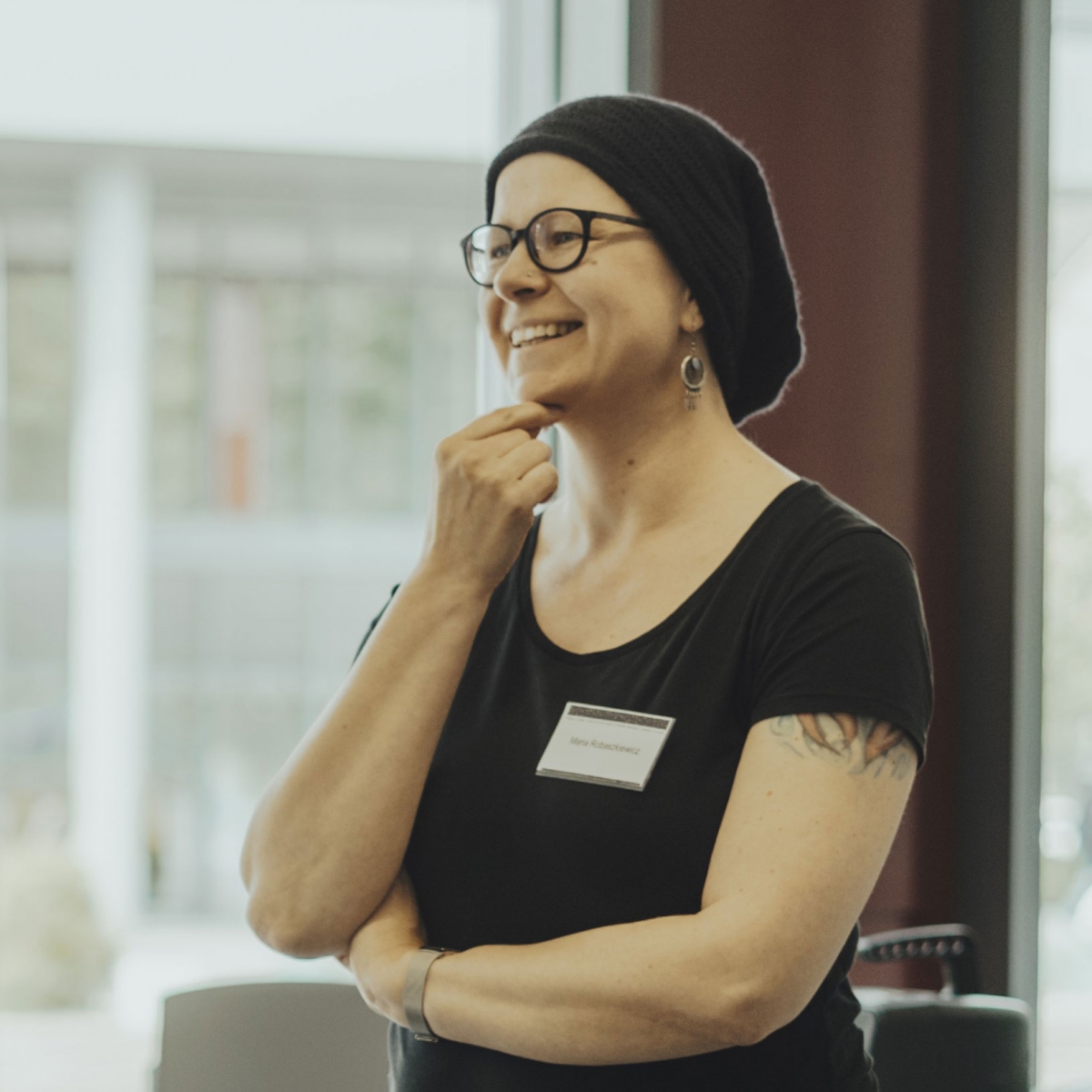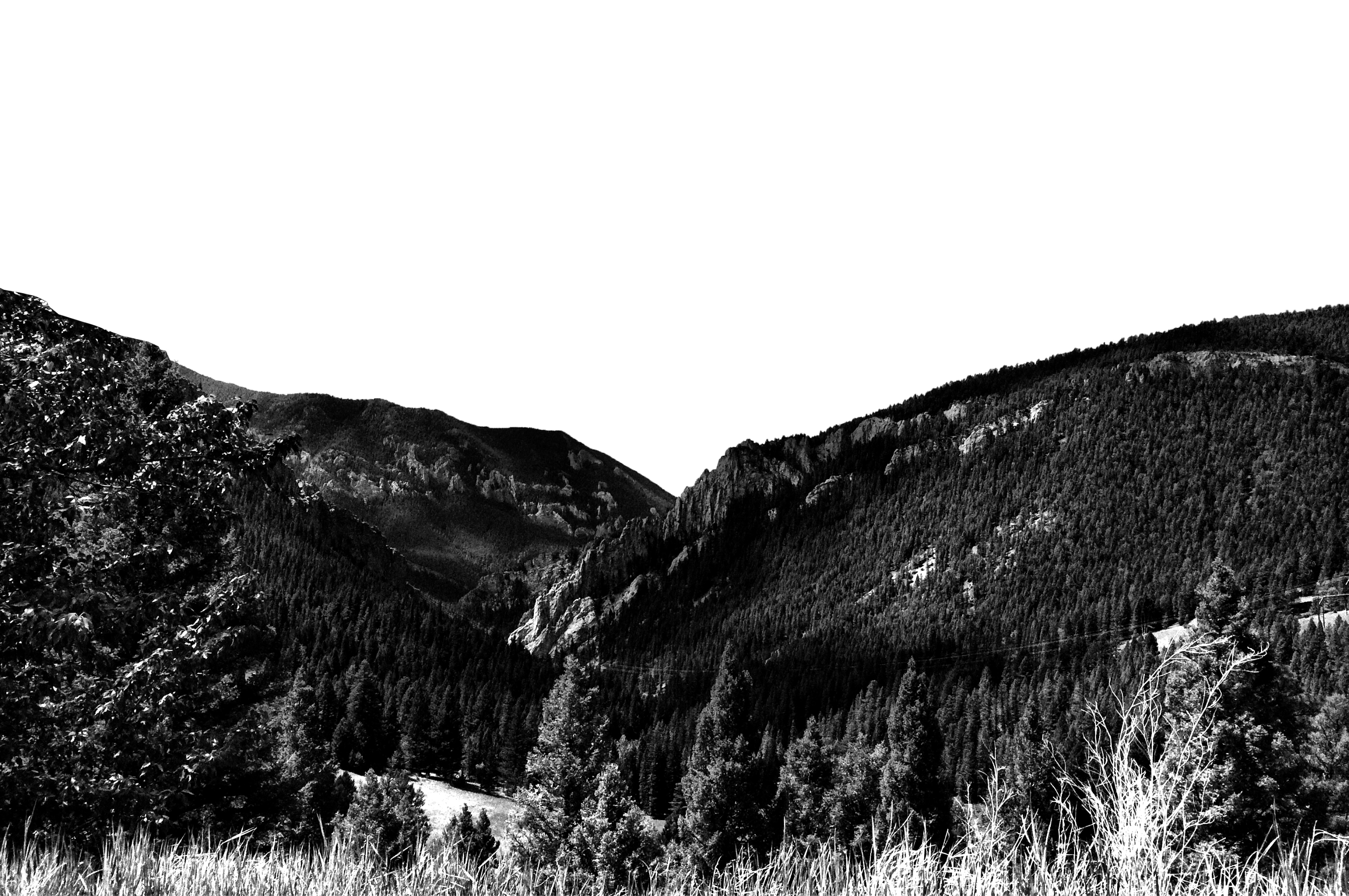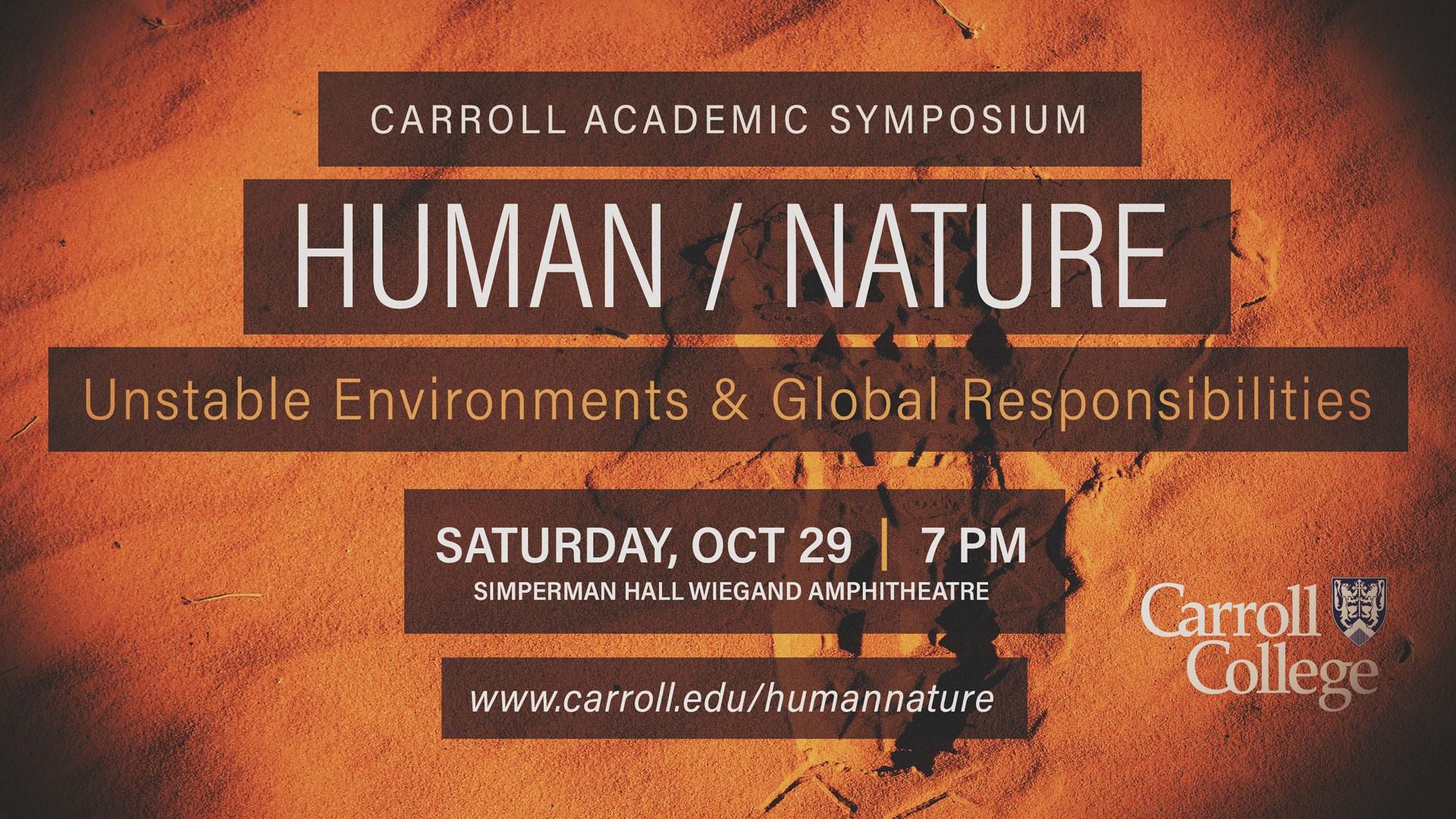On October 29, 2022, join Carroll College at 7 p.m. in the Simperman Hall Wiegand Amphitheatre for the public lecture Human/Nature: Unstable Environments & Global Responsibilities.
Carroll College will welcome two guest speakers, Ari-Elmeri Hyvönen, currently a Fulbright Finland Senior Visiting Scholar at Cornell University, and Maria Robaszkiewicz, a visiting professor at the Centre for Studies of Theory and Criticism and a Visiting Fellow at King’s College, Western University, London ON, Canada.
Topics for the Keynote:
- Dr. Maria Robaszkiewicz, "How to think with and against Hannah Arendt about the political crises we face today."
- Dr. Ari-Elmeri Hyvönen, "Democracy, Scientific Expertise, and Climate Change”
The topic under discussion, in broad terms, is the ecological crisis, human/nature, unstable environments, and global responsibility. The idea is to spark a campus-wide conversation with the participation of faculty (and students) on pressing environmental issues and how our different disciplinary fields provide ways to examine and address them.
The lecture will be followed by discussion, open to Carroll community and the general public.
NOTE: We will open up discussion and sharing of papers and other material in a symposium for the Carroll College community only on Friday, October 28, from 2:30 - 7:00 PM in the Corette Library. The topic will be Human/Nature: Unstable Environments & Global Responsibilities. Please join us!
About the Symposium
We live in a time when “natural” disasters have become increasingly frequent, so much that we risk becoming “habituated” to them as if they were just another ordinary part of life. In Montana, for example, we speak of a “fire season,” something that we should expect just like we expect Spring to follow Winter. The sad truth of the matter is that we do have to prepare ourselves for fires, floods, and other catastrophes given how widespread and how deadly they have become. But increasingly, it is also clear that these disasters are not only, perhaps not primarily “natural.”
There is no region on the globe spared by the impact of the ecological crisis of our age, it is indeed a planetary crisis. Regardless of the knowledge and understanding we have of it, it is undeniable that we have been, and are, all entangled in it, one way or another. Preparing ourselves to such occurrences also entails looking at our relation with the planet earth, how we inhabit it, how we relate to the natural environment and how we relate to all living things, human and non-human. In the words of Hannah Arendt, it demands that we stop and think about “what we are doing.”
The Anthropocene (the geological age characterized by the scale of human impact on earth) impels us to examine our way of life, specifically the Western way of life that has imposed itself over the globe, over land, people and all living creatures, (primarily violently and destructively), and scrutinize its philosophical, theological and scientific underpinnings. Exploitation of resources and of people, a consumeristic way of life and blind profit-driven economic systems, pollution of air, water and other elements, extinction of forms of life, are only some of the most conspicuous aspects of a way of life that drives “advanced” economies. But is this way of life sustainable? Is it responsible? Is it desirable? Can a so-called “good life” be reconciled with exploitative relations, whether of people or resources or both?
The relationship between humanity and nature is unbalanced and unstable, and so it is time for an informed and engaged discussion of such complex and urgent questions. Our industrial development and war-making threaten the future of earth’s ecosystems, and in turn, the collapse of the cycles that maintain ecological equilibrium threatens humanity’s future. Why do we act this way? Is there any hope that we may learn from our mistakes in time? Or is this destructiveness somehow written into our own human nature?
Such questions demand a multi-disciplinary conversation involving numerous fields and disciplines, (scientific, historical, philosophical, theological, spiritual, literary, etc.). So, we areinviting a broad range of perspectives in order to generate deeper understanding of the scope of the problems and the possibilities for ways forward. Only a deeper understanding of the situation will allow to raise questions about our individual/global responsibility and provide a context for concrete specific actions.
About our Guests
 Ari-Elmeri Hyvönen works at the Academy of Finland Center of Excellence in Law, Identity and the European Narratives at the University of Helsinki. He is also currently a Fulbright Finland Senior Visiting Scholar at Cornell University. Previously, he has acted as a Senior Lecturer of Political Science at the University of Jyväskylä and held several post-doctoral positions. He has been a visiting fellow at Bard College and the University of Verona, Italy. His work focuses on contemporary and twentieth-century political thought, and addresses questions such as the ecological crisis, the role of truth and factuality in democratic politics, as well as security. His essays have appeared, among other places, in Political Theory, European Journal of Social Theory, Philosophy Today, New Perspectives, Resilience, and several edited volumes.
Ari-Elmeri Hyvönen works at the Academy of Finland Center of Excellence in Law, Identity and the European Narratives at the University of Helsinki. He is also currently a Fulbright Finland Senior Visiting Scholar at Cornell University. Previously, he has acted as a Senior Lecturer of Political Science at the University of Jyväskylä and held several post-doctoral positions. He has been a visiting fellow at Bard College and the University of Verona, Italy. His work focuses on contemporary and twentieth-century political thought, and addresses questions such as the ecological crisis, the role of truth and factuality in democratic politics, as well as security. His essays have appeared, among other places, in Political Theory, European Journal of Social Theory, Philosophy Today, New Perspectives, Resilience, and several edited volumes.
 Maria Robaszkiewicz is a Visiting Professor at the Centre for Studies of Theory and Criticism and a Visiting Fellow at King’s College, Western University, London ON, Canada. She works as an Assistant Professor at Paderborn University, Germany, where she received her Ph.D. in 2015 with a dissertation discussing Hannah Arendt’s concept of exercises in political thinking. She studied philosophy and education in Poland, Finland, and Germany. She is a member of the editorial board of Hannah Arendt.net, and an affiliated researcher at the Center History of Women Philosophers and Scientists. She has published on Arendt’s work and beyond. Her current research interests focus on feminist philosophy, especially theorizing migration experience from the perspective of critical phenomenology.
Maria Robaszkiewicz is a Visiting Professor at the Centre for Studies of Theory and Criticism and a Visiting Fellow at King’s College, Western University, London ON, Canada. She works as an Assistant Professor at Paderborn University, Germany, where she received her Ph.D. in 2015 with a dissertation discussing Hannah Arendt’s concept of exercises in political thinking. She studied philosophy and education in Poland, Finland, and Germany. She is a member of the editorial board of Hannah Arendt.net, and an affiliated researcher at the Center History of Women Philosophers and Scientists. She has published on Arendt’s work and beyond. Her current research interests focus on feminist philosophy, especially theorizing migration experience from the perspective of critical phenomenology.

